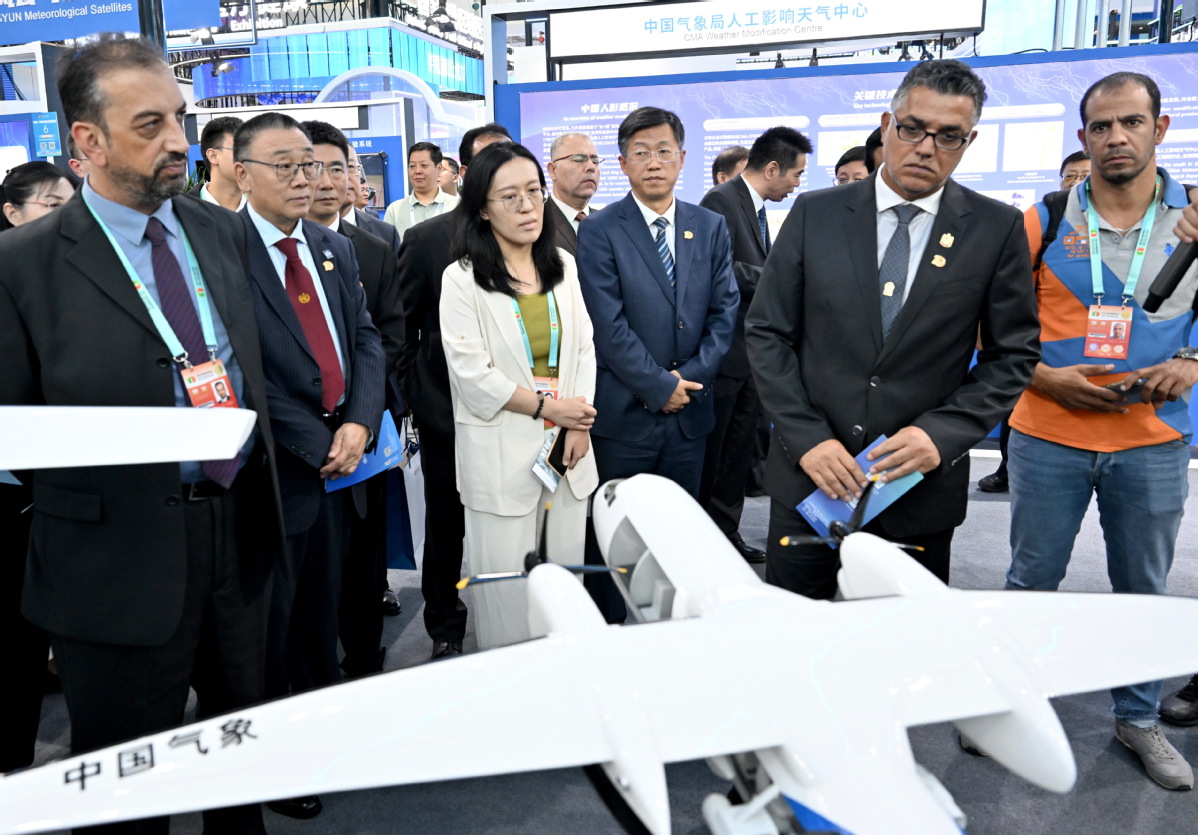Win-win Sino-Arab ties in game-changer mode


The green revolution that ensued has breathed life into Mauritania's livestock industry, promising a sustainable future and ensuring good times for agriculture, Zhang said.
The demonstration center, a joint venture of China's Ministry of Commerce and Ningxia, is only one of many such achievements of the expo.
Since the first expo in 2013, as many as 112 countries and regions, along with over 6,000 Chinese and foreign enterprises and 400,000-plus traders, have participated in the event. More than 1,200 cooperation projects of various types have been signed, spanning a range of industries. This year's expo saw exhibition venues cover 40,000 square meters, attracting 1,000 domestic and foreign businesses.
One of them, Palma, a Saudi Arabian dates firm and a first-timer at the expo, has set its sights on the vast Chinese market. It showcased its finest varieties of dates to attract consumers, especially the rising middle-income group, who are embracing healthier lifestyles and exploring diverse culinary experiences, said Abdullah Alrebdi, chairman of Palma.
China is now the Arab countries' largest trading partner. Their trade has almost doubled from the 2012 level to $431.4 billion last year. In the first half of this year, trade between the two sides neared $200 billion, data from the Ministry of Commerce showed.
"The bilateral trade has grown dramatically since 2018 despite China being confronted with numerous unfavorable situations like the global economic turmoil and the COVID-19 pandemic," said Zhao Jinping, former director-general of the Department of Foreign Economic Relations at the Development Research Center of the State Council. This bodes well for the creation of a long-term, safe and stable supply chain, he said.
Over the past 10 years, industrialized and higher value-added goods have gradually replaced raw materials and labor-intensive commodities in bilateral trade. The evolving partnership allows both sides to leverage their respective strengths, expertise and resources, and explore untapped potential, said Khaled Hanafi, secretary-general of the Union of Arab Chambers.



































